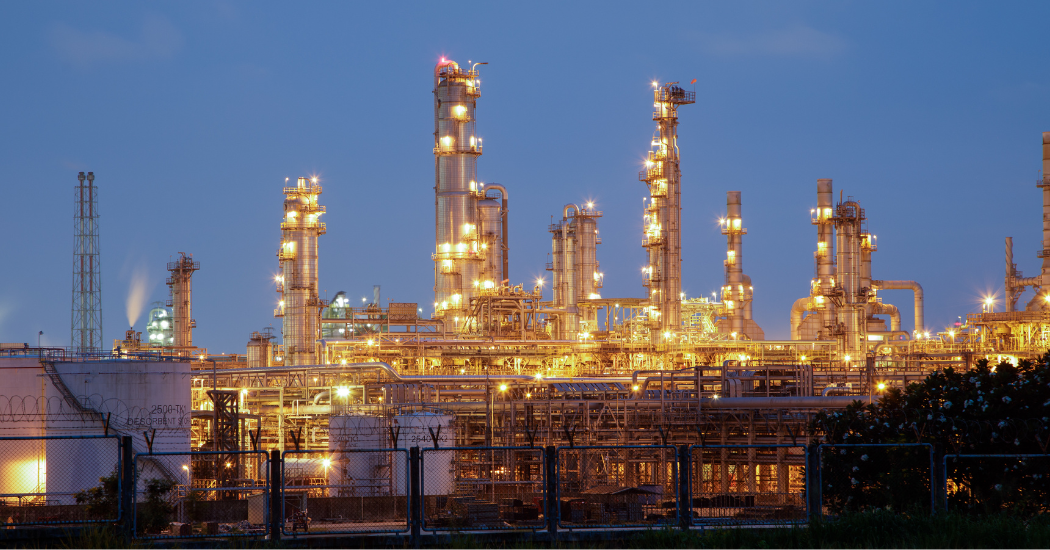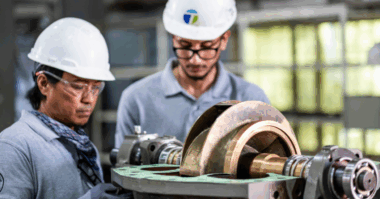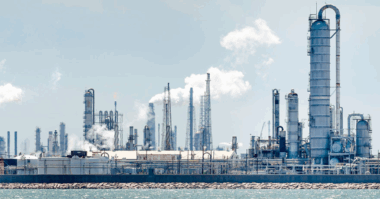Challenge
An end user needed to find a way to monitor for potential leaks in semi-permanent locations at his plant. A refinery will often find situations where they don’t have a gas monitor near a potential leak, or have a minor leak in the processing unit. To ensure safety is maintained, the operator would need to monitor the location with gas detectors until they can shut down the unit to make repairs. Traditionally, this was done with a handheld detector that a technician would periodically use to check the location, or a battery operated area monitor to provide more continuous measurement. Both have limitations that need to be taken into consideration.
A daily inspection with a handheld device burdens already limited technician capacity, and has a high cost of labor. Additionally, a temporary spot check can potentially miss changes in leak rates over the course of a day. Area monitors improve this by both reducing labor costs, and offering a continuous monitoring solution. However, area monitors often lack long battery life, limited to only days or a few months at best, and are often not easily connected to a supervisory system. The battery life issue can be addressed by using solar panels, however, solar panels bring with them additional purchase and maintenance costs. Also, there is no guarantee the area that is being monitored is outside or has sufficient sunlight. Data access can be addressed by sending data to the cloud that is connected back to the DCS, but it can be reliant on support from the manufacturer to maintain the cloud application.
For this specific application, the end user has long term monitoring applications and sought a semi-permanent device that could last several months, up to a few years, to potentially address an at risk location during the next planned plant turnaround. His preference was to use the existing infrastructure to communicate data, as opposed to sending information to a cloud application, he also wanted the flexibility to move the detector as needed.
Solution
This refinery adopted Vanguard wireless gas detectors to address some of the concerns they had with area monitors and handheld methods. Two of the top reasons were the seamless integration of the gas measurement into the existing SCADA and DCS systems by using the existing WirelessHART® network and gateways, and the battery life of the unit. By integrating into the existing network, these gas detectors are able to immediately report ppm or %LEL of gasses and do so continuously. There was no need to provide additional bridges, or connect to a cloud system to get the data, putting the data directly in the hands of the operators. The five year battery life ensures that the sensors only need to be checked periodically, but the batteries never need to be charged, replaced, or connected to a solar panel. This provided the ability to have a fixed point detector put in place quickly, operate until the next turn around, and give real time, actionable data should the gas levels change.




